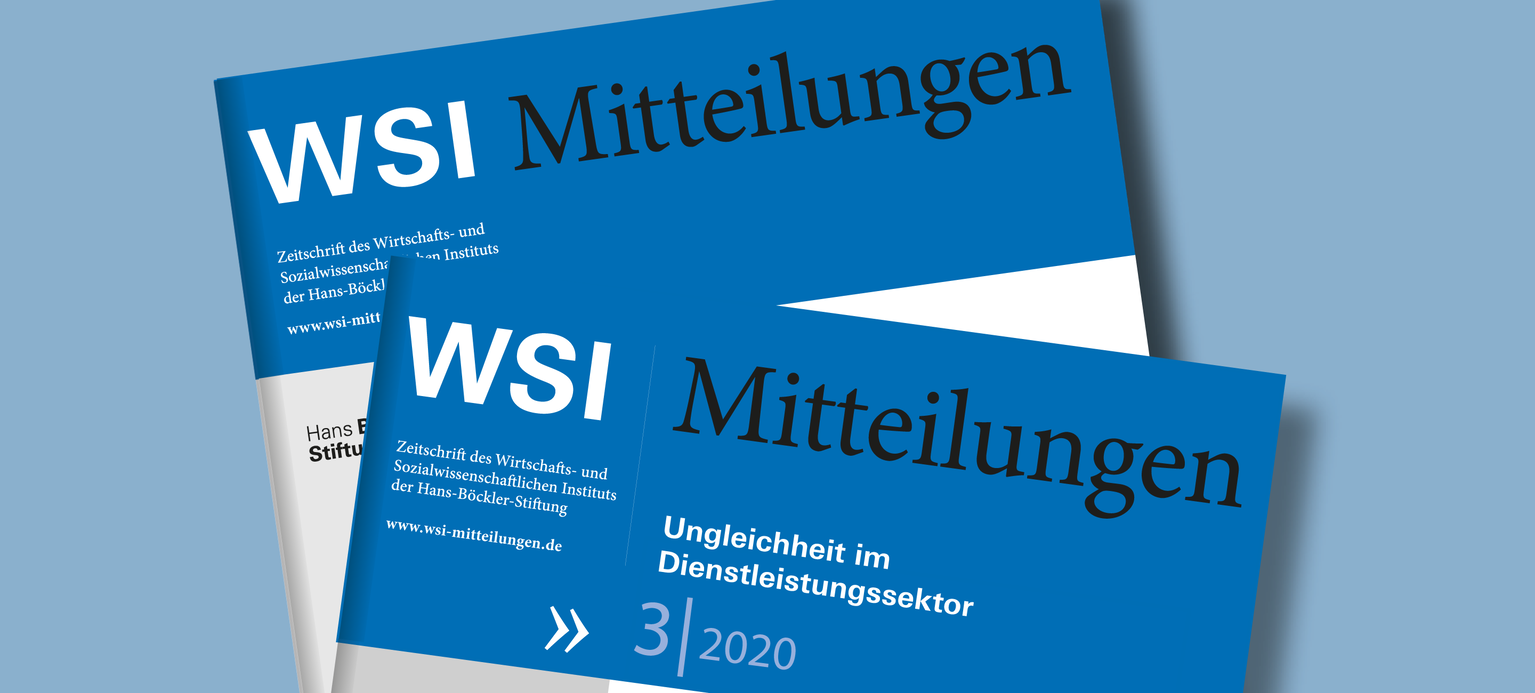Gerber, Christine : Crowdworker*innen zwischen Autonomie und Kontrolle. Die Stabilisierung von Arbeitsteilung durch algorithmisches Management
Seiten 182-192
Zusammenfassung
Der Beitrag beschreibt am Beispiel von Crowdwork die Veränderungen der Machtbeziehungen zwischen Kapital und Arbeit durch den Einsatz algorithmischer Systeme der Arbeitssteuerung auf digitalen Plattformen. Ausgangspunkt ist die weit verbreitete Annahme, dass das Management mittels solcher Systeme die direkte und repressive Kontrolle über Arbeitskraft verschärfen könnte. Demgegenüber analysiert die Autorin, inwiefern auch im untersuchten Feld die Zustimmung und das aktive Mitwirken der Crowd mobilisiert werden und welche Rolle die Technologie dabei spielt. Die Ergebnisse unterstreichen, dass selbst in recht umfassenden Systemen des algorithmischen Managements beides zur Stabilisierung der Arbeitsteilung notwendig ist. Die Basis der Herstellung von Zustimmung und Mitwirkung bilden Informationsasymmetrien, die das Wissen und die Handlungsoptionen der Crowd ordnen. Diese subtile und indirekte Form der Kontrolle verdeckt und verstetigt die Arbeits- und Machtbeziehungen durch das Gewähren gewisser Autonomiespielräume. Dies scheint notwendig, um die mobile und unabhängige Crowd in einer Kontrollbeziehung zu halten und ihre effektive Ausbeutung durch Selbst-Disziplinierung zu ermöglichen.
Abstract
Using the example of crowdwork, the article describes the changes in power relations between capital and labour through the use of algorithmic work control systems on digital platforms. The starting point is the widespread assumption that algorithmic systems could exacerbate the direct and repressive control of labour. By contrast, the author explores to what extent the consent and active participation of the crowd is also mobilised in algorithmic management on crowdwork platforms and what role technology plays in this process. The results highlight that both consent and participation are necessary to stabilise the division of labour even in the comprehensive systems of algorithmic management. A central mechanism for this is information asymmetries: they regulate the crowd’s knowledge and options for action. This indirect and subtle form of control obscures and perpetuates the work and power relations by providing some degree of autonomy. This seems to be necessary in order to maintain a relationship of control over the mobile and independent crowd and secure its effective exploitation through self-discipline.
